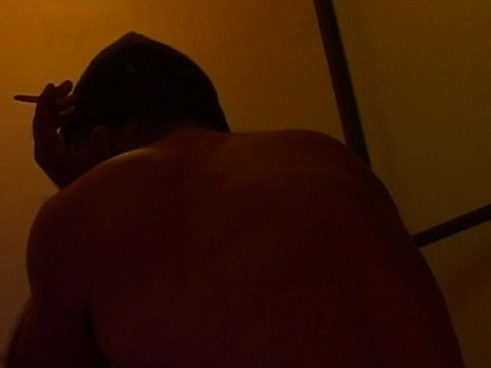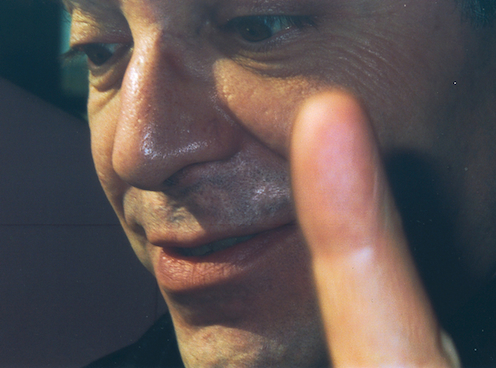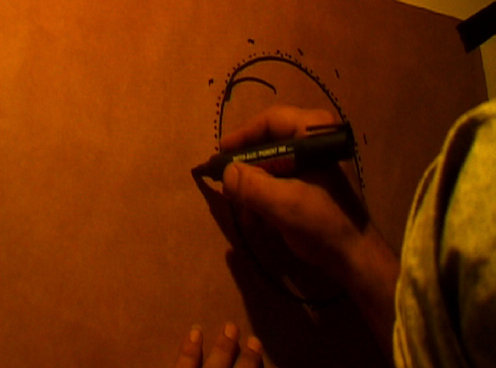Massacre
Full Description
Even as we mark the 60th anniversary of the liberation of the Nazi death camps, new genocidal horrors emerge in Sudan, and we learn more daily about the atrocities in Rwanda a decade ago. The deeply held Jewish warning "Never again!" too often is drowned out, supplanted by cries of "Who could do such a thing?"
In their shattering documentary Massacre, three intrepid filmmakers go directly to the perpetrators to shed new light on mass violence. Over three days in September 1982, members of Lebanese Christian militias carried out gruesome massacres in the refugee camps of Sabra and Shatila in southern Lebanon, then under Israeli occupation. It is estimated that between one and two thousand Palestinian civilians were killed, most of them women, children and the elderly; the precise number is unknown even today. The degree of the Israeli military’s tacit support of or ability to prevent the massacres has been a matter of intense dispute.
Massacre weaves together the silhouetted testimonies of six perpetrators, members of the Lebanese forces who took part in the atrocities and have never spoken publicly. The film is not an attempt to reconstruct a precise narrative, nor to shift blame onto superiors, but is a psychological portrait of willing war criminals. It asks us to consider the nature of collective violence and the continuing capacity for evil--questions of profound Jewish concern that resonate from Treblinka to My Lai, from Cambodia to Bosnia and Darfur.
Filmmaker Bio(s)
Monika Borgmann, born 1963 in Germany, has studied Arab philology and political sciences in Germany and Syria. Since 1988, she has been a freelance journalist for radio and press: ARD, DieZeit, Transatlantik, and Lettre Internationale. Since 2001, co-founder and co-director of UMAM PRODUCTION., Lokman Slim, born 1962 in Lebanon, has studied of philosophy in France. Since 1990, he has been founder and director of the Arab-tongue publishing house DAR AL-Jadeed in Beirut. Since 2001, he has served as co-founder and co-director of UMAM PRODUCTION and has contributed to various Lebanon press and Arab-tongue publications., Hermann Theissen, born 1954 in Germany, has studied German language and literature, social sciences, theatre, Film and television sciences. Since 1987 he has served as the senior editor in the feature department at the Deutschlandfunk, and has contributed various articles for numerous publications including Theater Heute, die deutsche buhne, Die Zeit, Frankfurter Rundschau, Basler Zeitung, Frankfurter Hefte. He is also the author and director of several TV features.
Director(s)
Country(ies)
Language(s)
w/English Subtitle
Release Year
Festival Year(s)
Running Time
98




